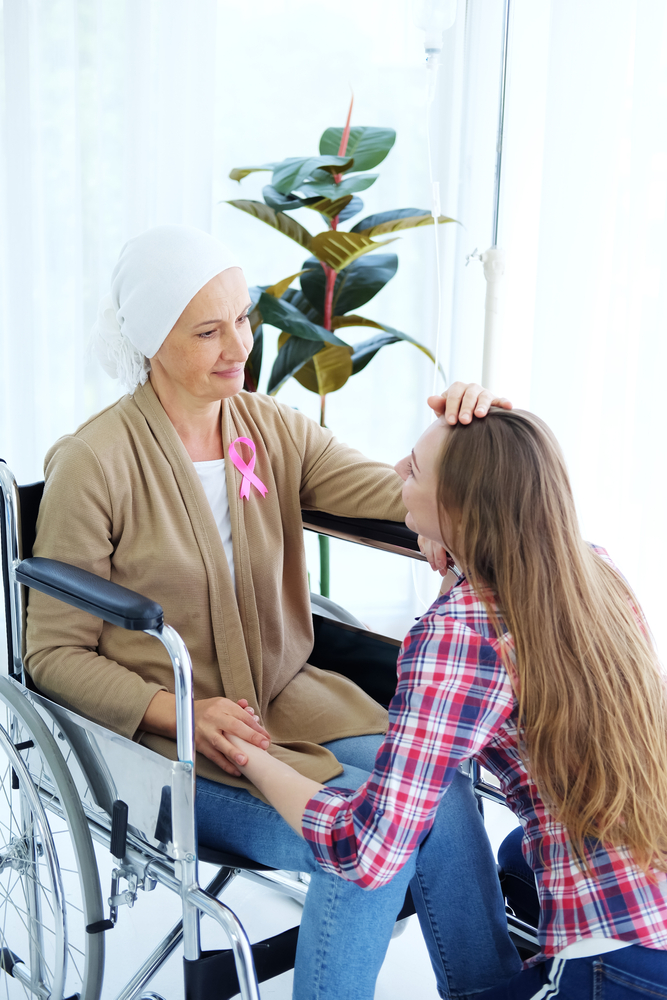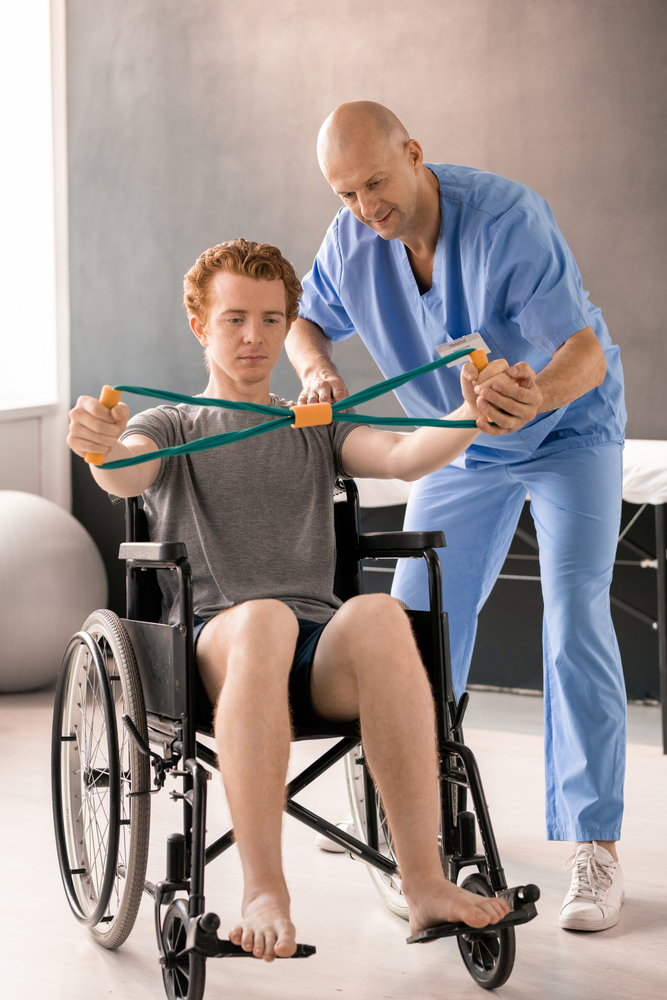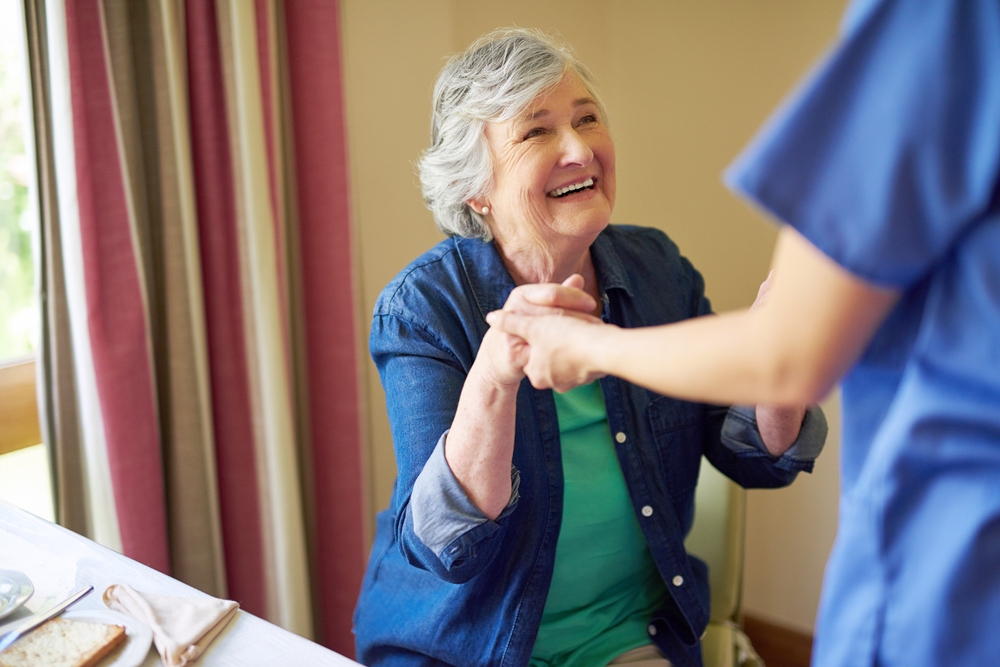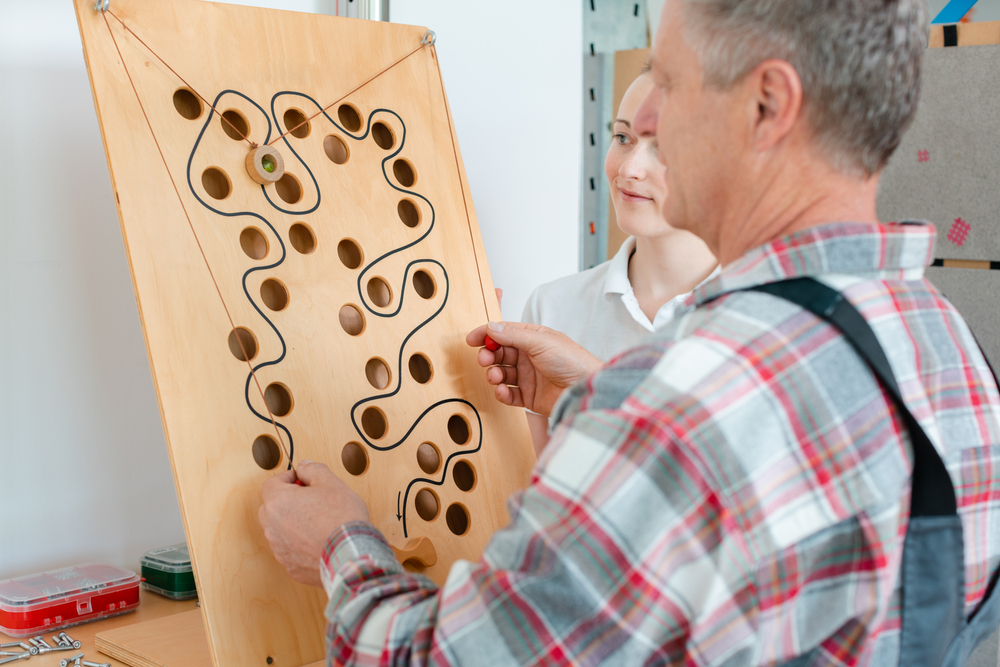Support for adults with an acquired brain injury
Support for adults with aquired brain injury
Every acquired brain injury has different effects. That means there are always different challenges to overcome too. At Hazelcare, we’ll dedicate ourselves to understanding your unique needs, providing specialist support as we become partners on your journey towards greater independence.
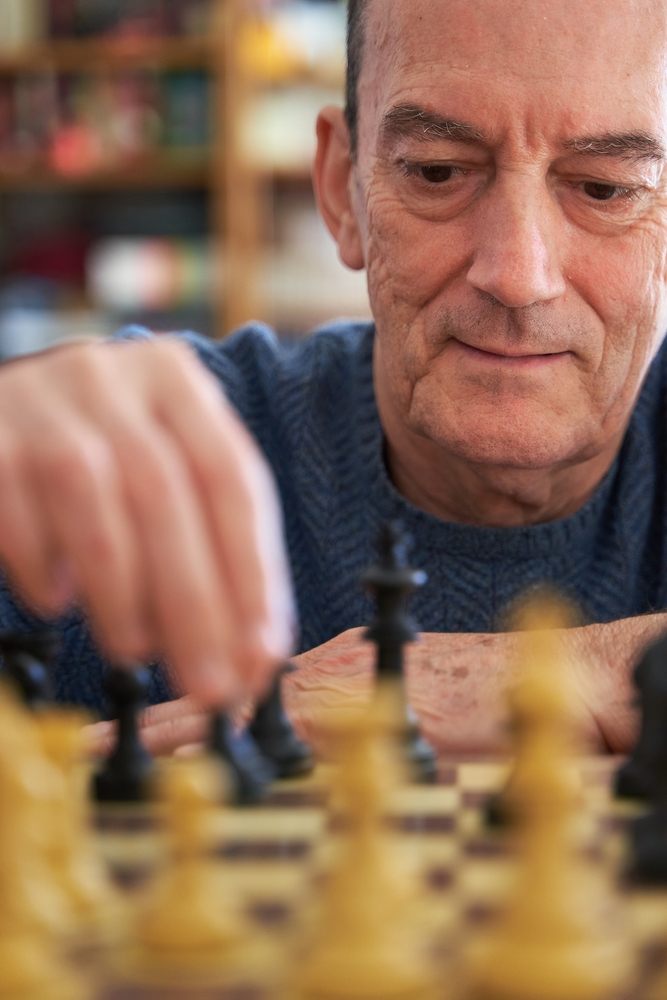

What is an acquired brain injury?
Acquired brain injuries (ABI) can occur as a result of events such as trauma leading to a head injury, stroke or infection, or they can be the result of other medical conditions such as tumours. The long-term effects of a brain injury can be difficult to predict, and recovery times will be different for each person. It's common for many people living with ABI to experience mental and physical fatigue, making everyday tasks such as planning, processing information and solving problems more challenging. They may also experience changes to their behaviour and personality, capacity to learn, and changes to sensory ability.
How Hazelcare can help people with an acquired brain injury?
We're here to provide personalised specialist support through brain injury rehabilitation and community supported living. Whether it's helping to make a transition out of an inpatient rehabilitation service to move back home, support with regaining everyday life skills, or guidance with building confidence in getting back out into the community - we'll be on hand every step of the way, and positively support every ambition.
How do we care for people with an acquired brain injury?
Our dedicated and specialist teams are highly experienced in providing brain injury rehabilitation and community supported living. With our in-depth understanding of acquired brain injuries, we carefully tailor our support to meet the needs of each individual based on their type of injury and throughout all stages of their recovery journey.
Through our community teams, we can arrange physiotherapy, speech and language therapy and occupational therapy, helping to regain everyday skills such as washing and dressing. For those with milder conditions, further along in their recovery or simply seeking to build their independence, we put the focus on maintaining quality of life and opening up opportunities in the community; supporting with everyday tasks such as using public transport, shopping trips and also offering advice and help with starting volunteer or work placements.
Each person’s condition is unique, so we ensure their support plan is too. Before we create a plan, we take the time to get to know each person, to hear their story so far and gain an understanding of the right approach for the short, medium and long term. We'll always make sure to involve those who are important to the person, their support network and relevant care professionals in these conversations, giving everyone the opportunity to voice their needs, preferences and wishes, ensuring our approach is co-created.
Acquired brain injury support that feels close to home
As one of the country’s largest providers of support for people with complex needs, it’s reassuring to know that we can usually provide specialist acquired brain injury support without you having to worry about moving away from your local community. And by providing the very best support close to your home, we can help to ensure the minimum of disruption to your familiar routines.
Supported living for people with an acquired brain injury
We offer a range of different support for people living with an acquired brain injury that's designed to meet individual needs. This might help with maintaining independence or providing encouragement to achieve a particular goal. The level of support we provide is completely flexible - whether it's just a few hours a week or 24-7, we adapt our plans for each person.
One of our support options is supported living for adults with an acquired brain injury, where our team supports people to live safely and comfortably in their own homes. In this setting, we work closely with housing associations, private landlords and local agencies to offer community-based support which could include a flat scheme or shared property.

